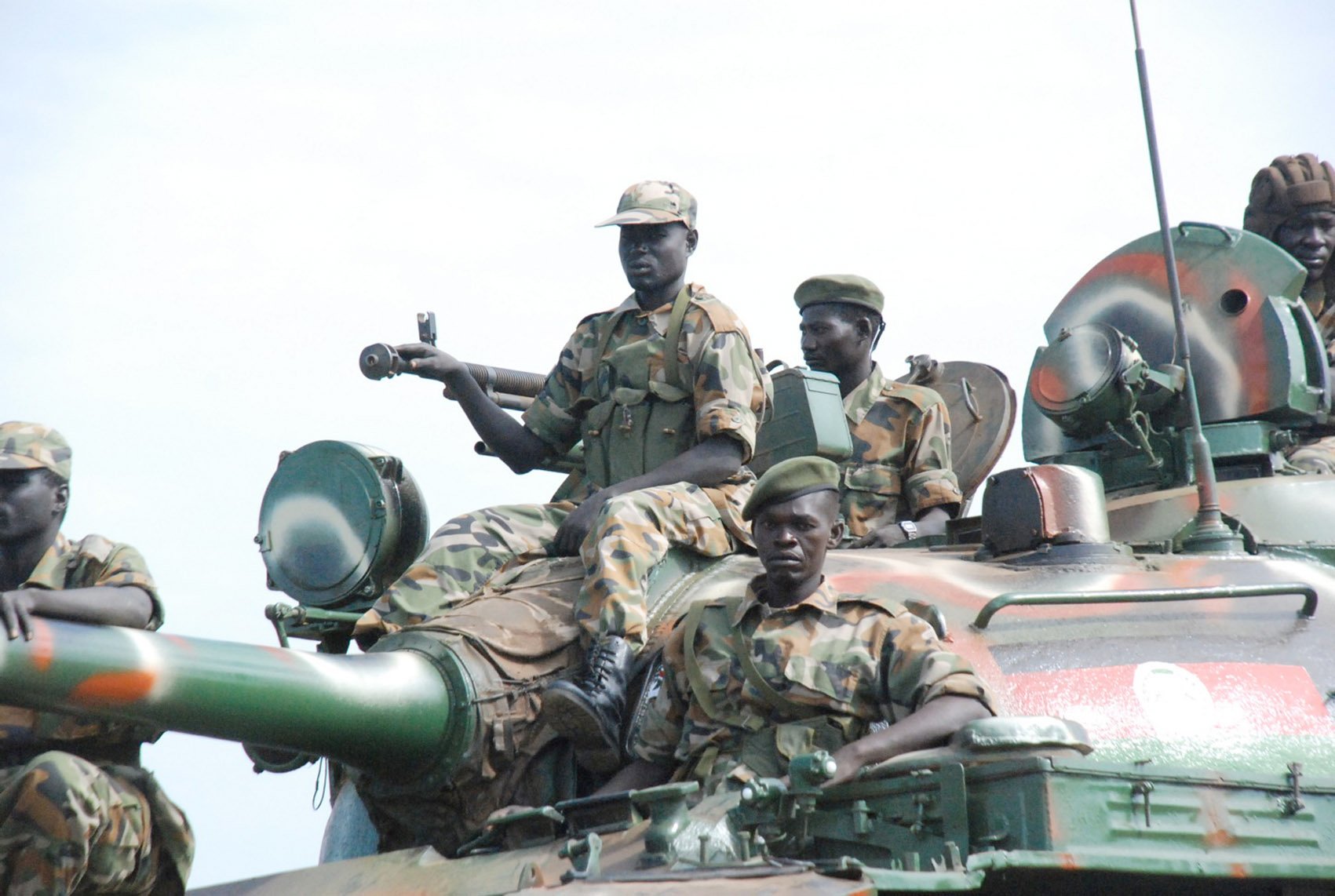A senior UN official said on 7 January that at least 140 people had been killed and 90 wounded during an attack on the Wunchai region of Warrap state.
The fight occurred some time at the beginning of the year but reports emerged only after a UN security team visited the remote area by airplane two days ago.
"Local sources on the ground said at least 140 had been killed and 90 wounded," said Lise Grande, the UN Deputy Resident and Humanitarian Coordinator in Southern Sudan.
Grande, who also said several thousand cattle had been stolen, added that a military team of UN peacekeepers had left on 7 January by road to ascertain the exact situation on the ground in the wider region.
“We are deeply concerned at these reports,” Grande said.
“Lethal cocktail”
Details of the attack coincided with the launch of a report by 10 aid agencies who cautioned that the successful holding of elections and a referendum, civilian protection, as well as increased development funding for Southern Sudan, were crucial in preventing a return to war five years after the signing of the Comprehensive Peace Agreement (CPA).
|
Photo: Peter Martell/IRIN  |
| Attacks on women and children have increased markedly in the past year in Southern Sudan (file photo) |
"A great deal hangs on what can be achieved in the next 365 days," Richard Poole, director of humanitarian aid programmes for the International Rescue Committee (IRC) in Southern Sudan, told a news conference in Nairobi. "When the peace deal expires in a year, we must ensure that the chance for long-term peace and development in the region does not die with it."
Reacting to the NGOs’ report, people on the streets of Juba, the Southern Sudan capital, said they feared for the future.
"War is a possibility - we do not trust the north," said Simon Akol, a small trader.
However, senior officials of the Sudan People’s Liberation Movement (SPLM), the ruling party in the south, said the risks were being exaggerated.
"Of course, we have problems with security that require a lot of attention, but we should not simply always look at the negative side of things,” said Anne Itto, the SPLM deputy secretary-general for the south.
“Of course we can do more, but we have come a long, long way since the peace deal was signed in 2005,” Itto added. "We have a government in place, as well as roads, institutions and roads being built, as well as a political space that has been created.
"Much needs to be done but we are hopeful for the future."
Not too late
Maya Mailer, a policy adviser for Oxfam and co-author of the NGOs' report, said in a statement: "It is not yet too late to avert disaster, but the next 12 months are a crossroads for Africa's largest country. Last year saw a surge in violence in Southern Sudan. This could escalate even further and become one of the biggest emergencies in Africa in 2010."
|
Photo: IRIN  |
| The late John Garang, then head of the SPLM, and Ali Osman Taha, Vice-President of Sudan, during negotiations leading to the CPA in Kenya in 2004 |
The report warned of several possible flashpoints over the next 12 months including presidential, legislative and local elections in April – the first in 24 years – and a referendum in early 2011 on whether Southern Sudan becomes independent.
Warning that growing frustration over the lack of development in Southern Sudan was harming the chance for peace, the agencies noted that less than half the population had access to clean water and maternal mortality rates were among the worst in the world.
"There are fewer than 50km of tarmac road in the entire region, an area the size of France, and during heavy rains many areas are cut off for months at a time, making the delivery of humanitarian aid almost impossible," the report stated. "Some 80 percent of adults cannot read or write and one in seven children dies before their fifth birthday."
Francisco Roque, the country director of Save the Children in Southern Sudan, said: "After five years of peace, Southern Sudan remains one of the poorest regions on earth. People hoped the peace would bring economic benefits and development, but this has happened far too slowly and in some areas not at all. We are very worried about children who seem to be increasingly targeted in attacks on villages. International donors and the government must urgently improve aid to these areas.”
A return to conflict would have devastating consequences that extend far beyond Southern Sudan, the agencies said. This crisis was escalating at a time when the situation in Darfur, in western Sudan, remains one of the world's biggest humanitarian emergencies. They warned that there could not be sustainable peace in Darfur if the peace between north and south was allowed to fail.
pm/js/am/mw
This article was produced by IRIN News while it was part of the United Nations Office for the Coordination of Humanitarian Affairs. Please send queries on copyright or liability to the UN. For more information: https://shop.un.org/rights-permissions





